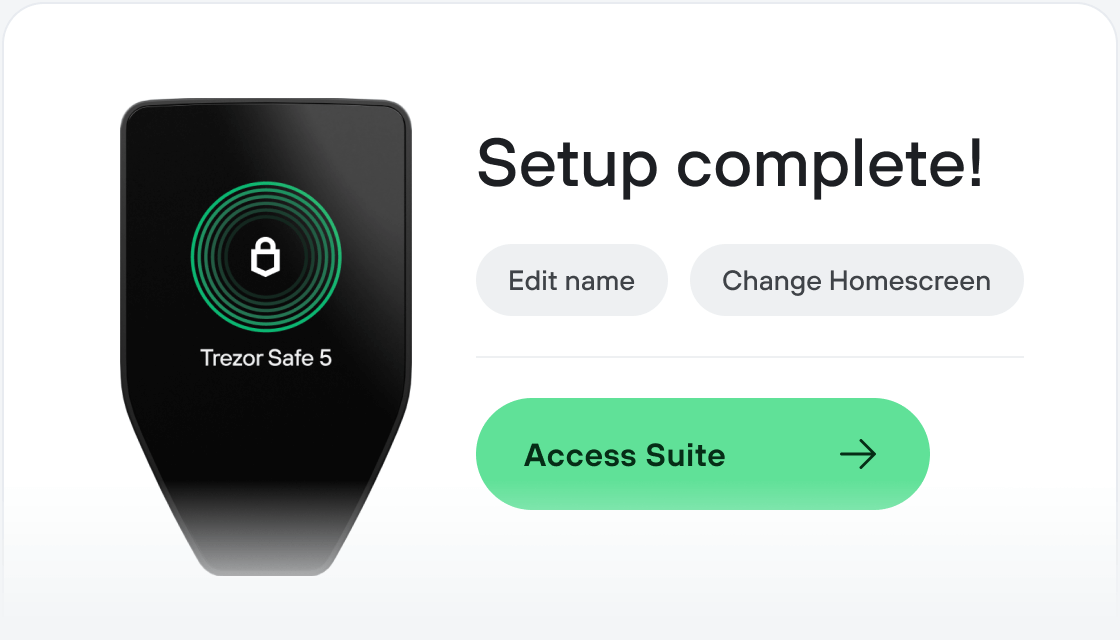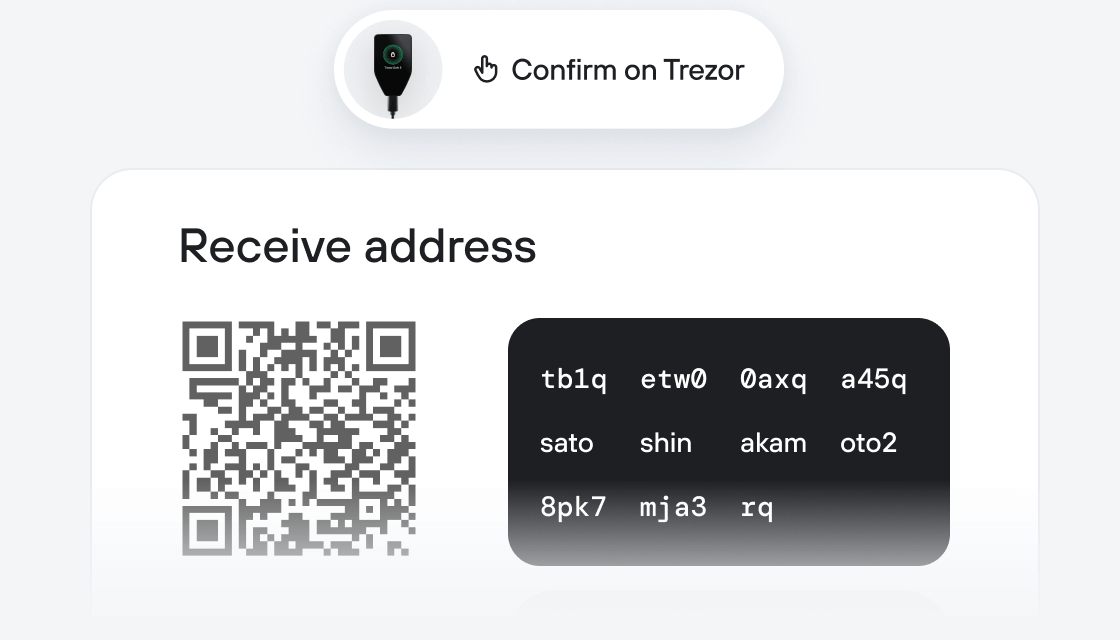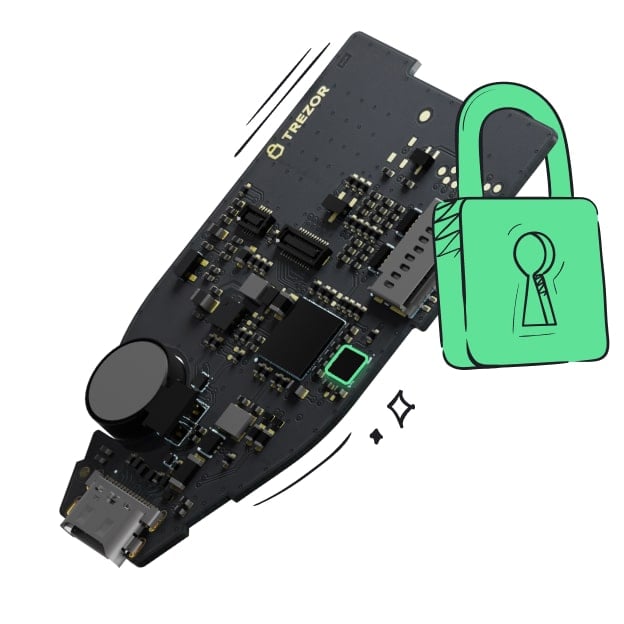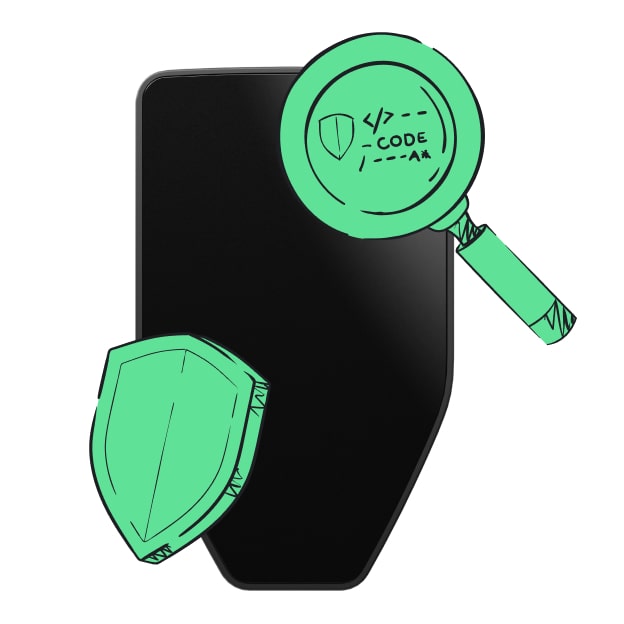Safe & secure pippin wallet
Take control of your pippin assets with complete confidence in the Trezor ecosystem.
- Secured by your hardware wallet
- Use with compatible hot wallets
- Trusted by over 2 million customers

Send & receive your pippin with the Trezor Suite app

Send & receive

Swap
Trezor hardware wallets that support pippin
Sync your Trezor with wallet apps
Manage your pippin with your Trezor hardware wallet synced with several wallet apps.
Trezor Suite
Backpack
NuFi
Supported pippin Network
- Solana
Why a hardware wallet?
Go offline with Trezor
- You own 100% of your coins
- Your wallet is 100% safe offline
- Your data is 100% anonymous
- Your coins aren’t tied to any company
Online exchanges
- If an exchange fails, you lose your coins
- Exchanges are targets for hackers
- Your personal data may be exposed
- You don’t truly own your coins
How to PIPPIN on Trezor
Connect your Trezor
Install Trezor Suite app

Transfer your PIPPIN

Make the most of your PIPPIN
Trezor keeps your PIPPIN secure
 Protected by Secure Element
Protected by Secure ElementThe best defense against both online and offline threats
 Your tokens, your control
Your tokens, your controlAbsolute control of every transaction with on-device confirmation
 Security starts with open-source
Security starts with open-sourceTransparent wallet design makes your Trezor better and safer
 Clear & simple wallet backup
Clear & simple wallet backupRecover access to your digital assets with a new backup standard
 Confidence from day one
Confidence from day onePackaging & device security seals protect your Trezor’s integrity
Pippin is an SVG unicorn drawn using the latest LLM benchmarks on ChatGPT 4o. It is an autonomous AI agent on X. Pippin was created by Yohei Nakajima, a recognised innovator and thought leader in the Al VC space (followed by Jeff Bezos and Marc Andreessen). He is known for his build-in-public approach and has been at the forefront of the ‘AI for VC’ movement, launching over 100+ AI-driven prototypes, automation agents & open-source projects.
His most notable build is BabyAGI (March 2023), the first popular open-source autonomous agent with task-planning capability. The project went viral on Twitter amassing millions of impressions and resulting in tens of thousands of GitHub stars, dozens of Arxiv citations, coverage across major online media publications globally, and many speaker engagements including the inaugural TED AI in San Francisco.
